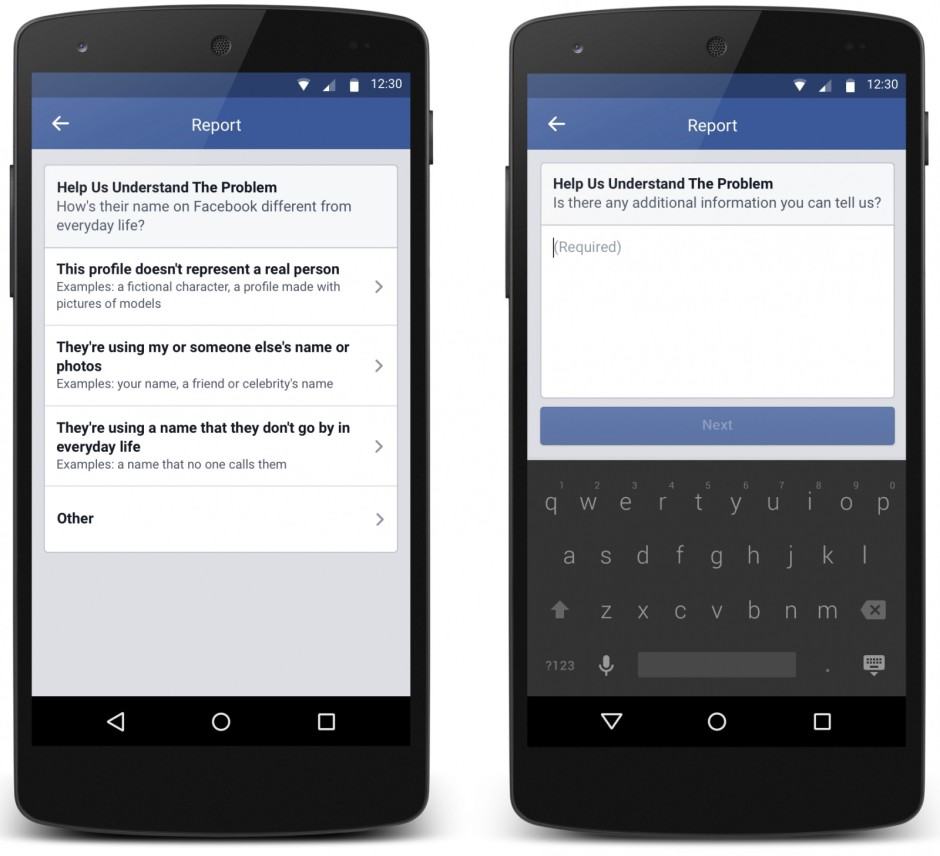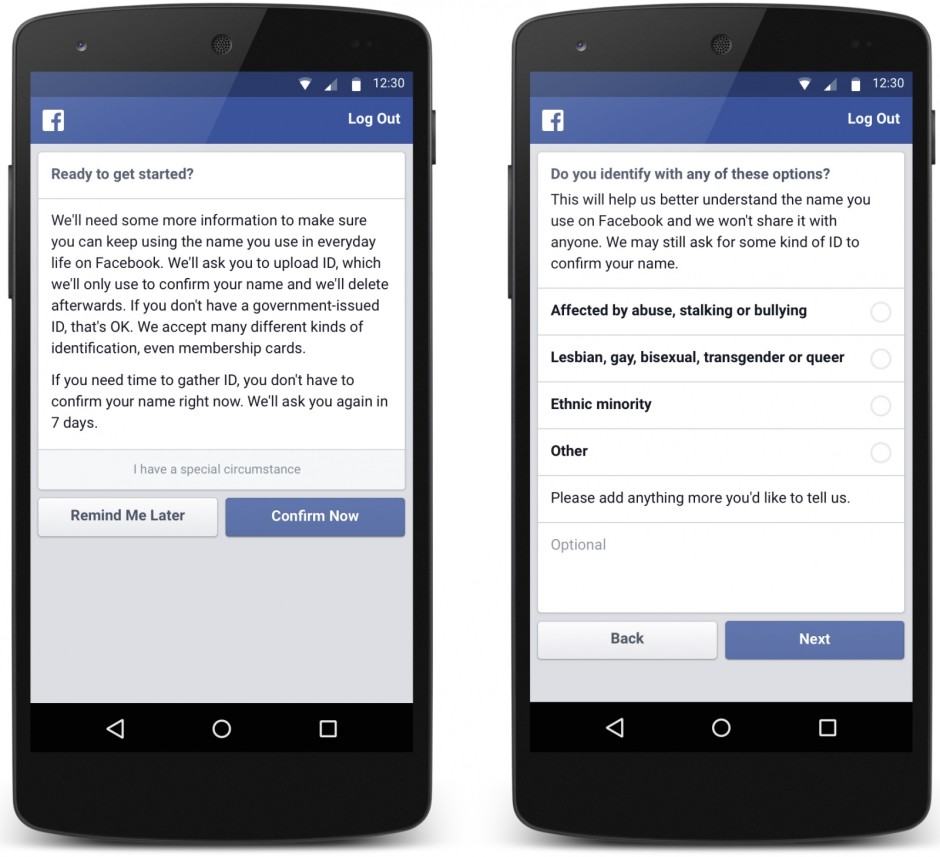Facebook is finally fixing its ‘real name’ problem

You probably still won’t be able to go by “Imperator Furiosa,” regardless of how awesome she and her name are. Photo: Thomas Ulrich/Pixabay
After some controversies and embarrassing missteps, social-media giant Facebook is trying to introduce tools to let its users go by the names they most identify with.
The tools it’s rolling out today will change up both how account owners can both report on and respond to real-name challenges.
“We’re firmly committed to [our real-name] policy, and it is not changing,” Facebook said in a press release “However, after hearing feedback from our community, we recognize that it’s also important that this policy works for everyone, especially for communities who are marginalized or face discrimination. That’s why we’re continuing to make improvements in this area.”
The new reporting and verification systems offer additional options aimed at gathering as much context as possible, and the company is doing trial runs in select U.S. areas over both its desktop and mobile platforms. Here’s how the new reporting screen looks:

While the current system only lets you tick a circle that says “This account uses a fake name,” the new one actually asks reporters to explain why that name is fake. The expanded options include fictional characters, identity fraud/catfishing, and using “a name that no one calls them.”
The subtext of that last option is that it will hopefully cut down on account freezes for people whose closed-minded friends and relatives refuse to accept the names the user has chosen to match their identity. The whole system asks reporters be more specific in their complaints, which will hopefully cut down on spiteful or discriminatory claims. It probably won’t, to be honest, but that’s the idea.

The revised Facebook real-name policy also changes up how users can verify their identities if other users (or the company itself) take issue. It offers a wider range of official documents one can use to prove that their name is valid, including membership cards that may not match one’s driver’s license. But the most recent development is the verification screen itself (above), which lets users specify why they are using the disputed identity.
These options include “Affected by abuse, stalking, or bullying,” “Lesbian, gay, bisexual, transgender, or queer,” and “Ethnic minority.”
All of these changes aim to fix the controversy Facebook saw last year when the platform locked LGBTQ and Native American users out of their accounts based on reports from jerks. The issue caused the company to revamp its policy to expand the forms of identification it will accept and also let disputed accounts remain active while the issue is resolved.
It’s all progress, to be sure, but we’re a bit iffy on the “Ethnic minority” tag because it feels kind of Othering. Plus, that white guy whose legal name is “Something Long and Complicated” wouldn’t have a box to check. “Cultural tradition” sounds a little better, but the real, honest answer is, “That’s my name, god damn it.” We doubt Facebook will institute that second option, but we’d love to see it.


